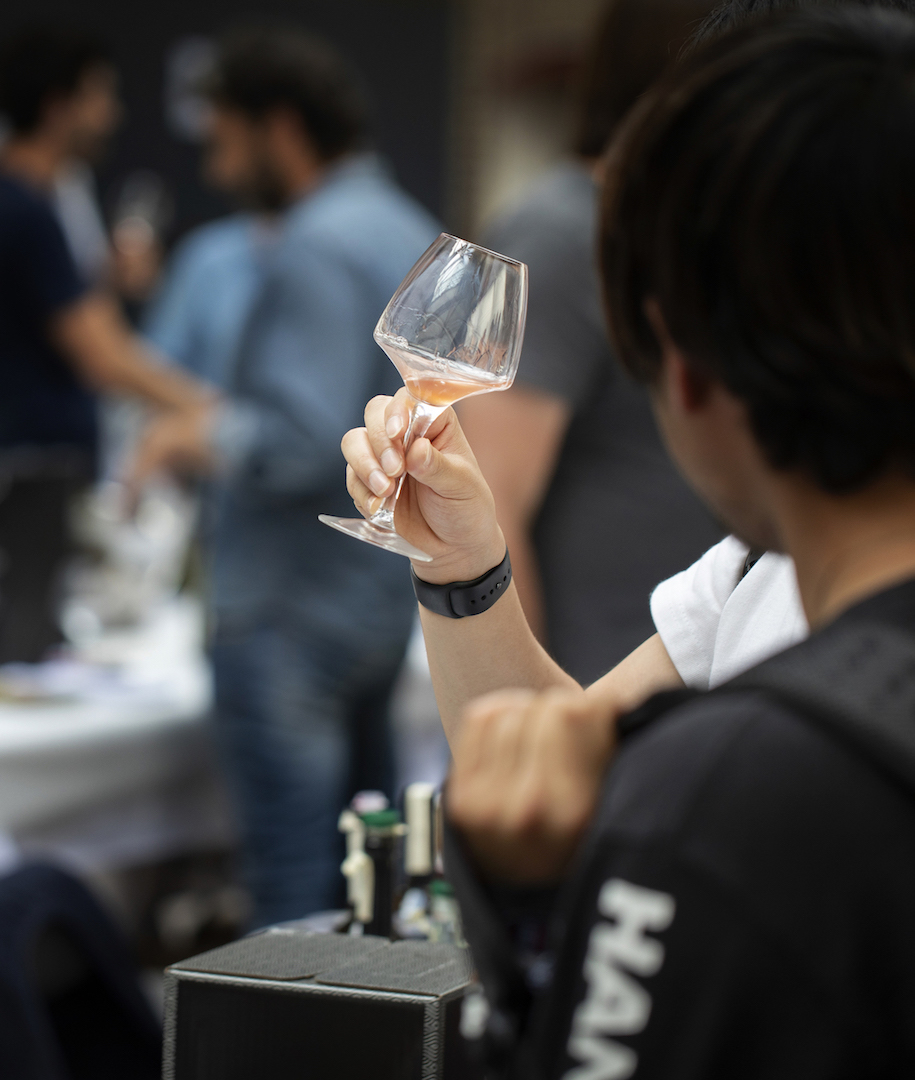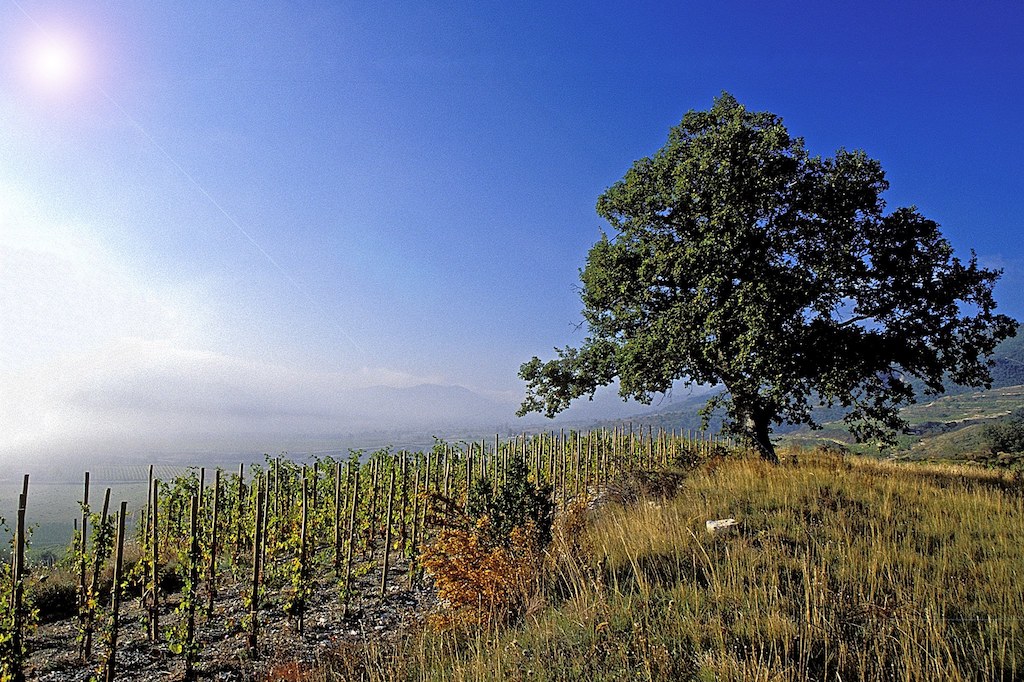
Epiphanies, as I have written before, tend to coalesce around a single moment. It may be a moment in the immediate present that is so deeply moving, so sensorily involving, that it creates a memory for one’s future self to reconnect to; it may be a moment that throws open windows to memories from the past. Epiphanies may involve one sense more than others, or be several senses in concert or in creative collision. The resultant reaction, that sense of enlightenment or surprise, can be instantaneous or may manifest later on in the process as part of the experiential recollection. It can be primal and physiological, or it can evolve into something more intellectual.
These are moments of flashing clarity in our lives that liberate our imaginative selves.
Coleridge’s famous ballad, The Rime of the Ancient Mariner chronicles the moment of rebirth of the individual’s sublime imagination.
Within the shadow of the ship
I watched their rich attire:
Blue, glossy green, and velvet black,
They coiled and swam; and every track
Was a flash of golden fire.
O happy living things! no tongue
Their beauty might declare:
A spring of love gushed from my heart,
And I blessed them unaware:
Sure my kind saint took pity on me,
And I blessed them unaware.
The self same moment I could pray;
And from my neck so free
The Albatross fell off, and sank
Like lead into the sea.
The realisation of the beauty of the sea snakes in this extract triggers the poetic supernatural epiphany, the mariner reaching out to these living creatures with his unconscious yet interactive mind. The sudden ability to pray signifies a form of inspirational release, the opening of one’s self to new primal experience.
Epiphanies are personal revelations, but we, being naturally communicative creatures and seeking to make sense of things, often feel the need to render these intense experiences through language.
These are moments of flashing clarity in our lives that liberate our imaginative selves.
There is more to wine tasting than being human litmus paper. Being passive is not the same as being receptive, one must reach out and grasp the experience. As Rousseau says: “It is in man’s heart that the life of nature’s spectacle exists; to see it, one must feel it.”
Although the wine alone cannot itself create the preconditions for epiphany (that lies within ourselves), the best wines at the right time, experienced in the best way, (for want of a better expression) change us, momentarily certainly, and perhaps even in the long term if we are able to retain but a portion of the joy they brought us originally. It comes down to that bottle you drank on that night with that person; perhaps the magic was in the air already, certainly also the wine had some unique quality in and of itself, a brilliant energy that initiated a circuit between the drinkers and instigated a memorable, moving, shared experience.
By grappling to find words to describe wines, we also create a social connection with the other person (or people) present. Such mutual endeavour may lead to mutual discoveries. Even though we may have been inculcated to maintain professional detachment to wine based on so-called objective assessment, we also feel impelled to say how we feel, to offer a fleeting prayer to the grower – and to nature itself for its munificence. Our emotional involvement means that we are tasting and reacting to much more than mere fermented grape juice.
Every tasting is, by definition, a unique encounter. And when I’ve been content not to search within the wine for qualities that are not present, thereby allowing myself to be delighted by abstract notions of simplicity, purity and balance, then I am more likely to have a wine epiphany.
In you like sun
The hour rests
Above an abyss of clarities
The height is clouded by birds
Their beaks construct the night
Their wings carry the day
Planted in the crest of light
Between firmness and vertigo
You are
Transparent balance
What I like in wine is both tangible and intangible. That the wine feels natural and of itself, that it possesses haecceity (the discrete qualities, properties or characteristics of a thing that make it a particular thing – Dun Scotus) or what Gerard Manley Hopkins called “inscape.” That there are certain properties inherent to the wine, and in the very experience of that wine, that make it stand out and vibrate deeply in one’s consciousness.

Some, many, or all of these emotions or sensations are present in wine epiphanies:
Shock/Awe! – When you taste a wine, you are enthralled by its uniqueness, and surrender to that individuality.
Puzzlement – The experience when you have to open yourself to a wine, particularly one that does not trade in obvious aromatics but rather is based on texture – as in the difference between an easy one-liner and a multi-layered story. Puzzlement and humility are partners-in-wine.
Tension – Describing a wine that is usually tightly-wound and high in stony acidity. This winespeak does not do justice to a wine which shimmers with authority – it has dense – or intense – transparency in the way that only wines with “perfect pitch” acidity can seem to glisten. Tension is also the elastic expectation being pulled towards breaking point.
Purity – Denoting a wine that gives the impression of being pared to its pithy essentials with no fruit-fat, no other unnecessary weight. It wears what it doesn’t wear. Purity is much more than mere typicity (another vogue wine word); it also refers to the shiny internal life that some wines possess.
Completeness – The sense that a wine fully inhabits its own space. Often referred to as harmony.
Lightness – Alongside freshness, an evanescent quality that allows you naturally to drink without any form of analysis or deep examination of the qualities of the wine.
Lingering –That vestigial impression of aroma and flavour that you sense for a long period after swallowing the wine.
Wholesomeness – The sensation that a wine is nourishing and healthy. It makes you feel good, it helps you to digest.
Delight – Inspired by a wine that is deemed delicious. The sensation of childlike happiness that nothing matters more at a particular moment other than surrendering to the sensuous and sensual pleasures of the wine.
Unity – Contained in wines that possess nourishing qualities and that invite contemplation, incite conversation, bring people closer, become shared epiphanies and shared memories.
There is more to wine tasting than being human litmus paper. Being passive is not the same as being receptive, one must reach out and grasp the experience.
Describing what one tastes in a wine may seem to be a meaningless activity. We may feel it most intensely on the pulses. We may, after all, love the wine more than mere words can wield the matter. A wine never tastes simply of its grapes; it is more likely to resemble a Goblin supermarket trolley piled high with luscious fruit goodies; cherries, plums, gooseberries, guavas, starfruit – you name it. The smell or taste of a glass of wine may also remind you of the seaside or a ramble through a forest on a rainy day in autumn. Wine may summon various things, some obvious, others far-fetched in the extreme, and thus sends us digging in our trove of language to find the words that best fit the experience. This language, these words, can be personal or parochial. As Olivier Magny writes: “I love these words that just can’t be translated from language to language. They seem dignified, grounded, battling against the imperialism of reality.”
Words, however, are markers, signifiers, rather than designed to accommodate precise descriptions. Our moods determine the degree to which we feel like piecing together the linguistic responses that go beyond the tried-and-trusted formulations. No two moments in our lives are ever the same and thus we are never the same. Our responses are different and so is the content and nature of our language.
Often when we think of wine, we visualise it in its end state as something that has been produced to appeal to our sense of pleasure or made with an aesthetic in mind. This is a static, purposive view of wine. Epiphanies occur when the juice collides with our tasting senses and, short-circuiting the evaluative and interrogative, starts to light up parts of the brain where memories or feelings are stored. The moment can be wonder or even dissociation. In the aftermath, the information and feelings are glued together by the brain to form a more coherent response.

